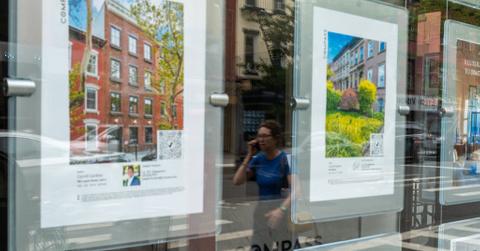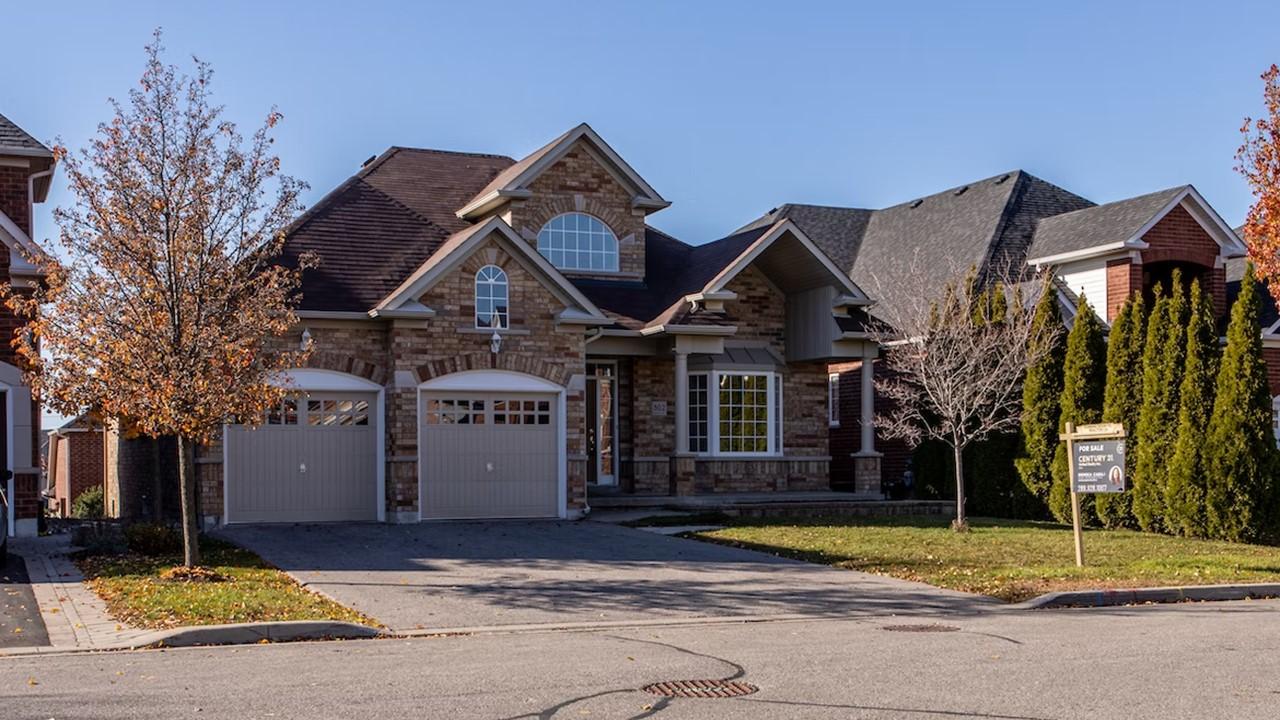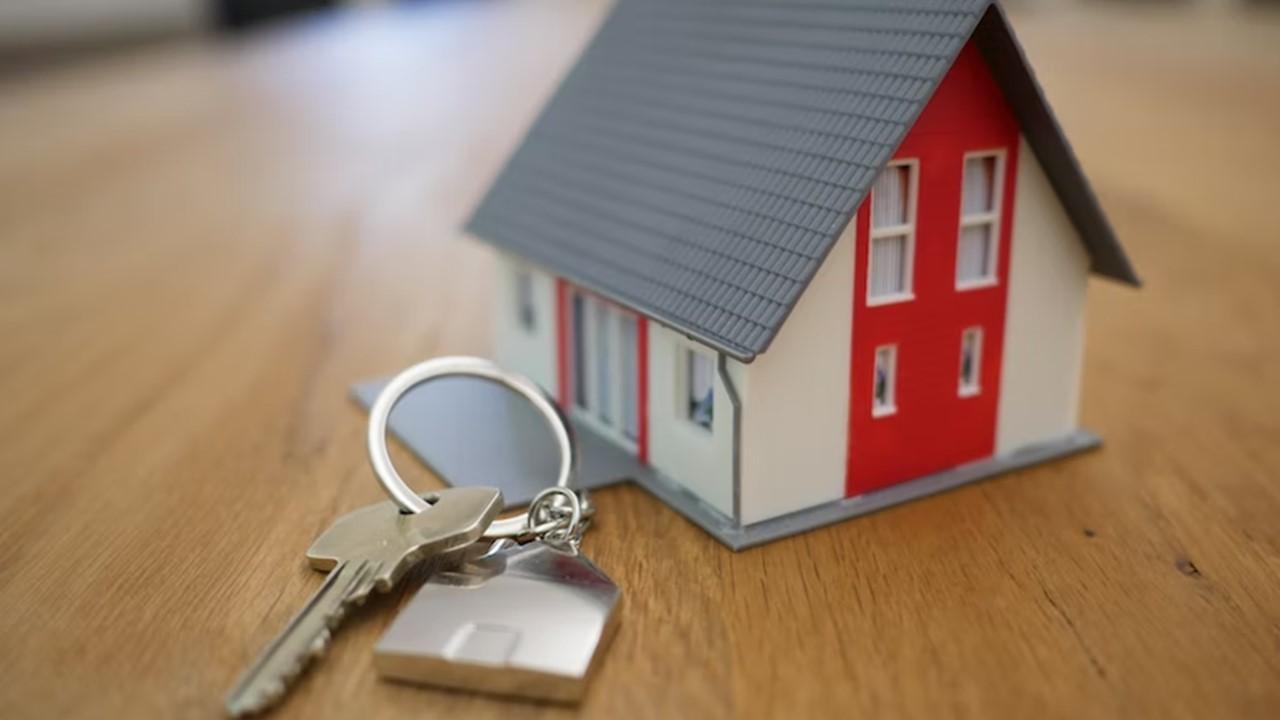Home Sales Are Declining, Market Remains Tough for Homebuyers
Home sales are going down, but the market is still tough for homebuyers. What’s causing the downturn — and when should you jump in?
Sept. 21 2022, Published 3:11 p.m. ET
Home sales are going down, dampened by rising interest rates and buyer frustration, but the market is still tough for homebuyers.
What’s really causing the downturn in home sales — and when should you jump into the housing market?
Home sales are down thanks to rising interest rates and a frustrated buyer pool.
According to data firm Black Knight’s latest monthly Mortgage Monitor report, annual home price growth declined in July while the median home price fell 0.77 percent from the month prior. This marked the largest single-month decline since January 2011, Black Knight writes.
The report adds, “The impact of home price declines is twice as pronounced on tappable equity levels; a 5 percent decline in home values nationally would equate to a 10 percent decline in tappable equity, and so on.”
Meanwhile, the Census Bureau reports that 12.6-percent fewer new single-family houses sold in July compared to June (and 29.6 percent less sold in July 2021).
With horror stories of competitive bids and mortgage rates above 6 percent for the first time since 2008, it makes sense.
Should you buy a home now or wait?
The data may suggest that a buyer’s market is on the horizon, but home prices fall slower than home sales do. Black Knight writes, “If sales continue to fall at the rate they have the past four months and listings continue to build at their current pace, inventory would cross the six-month threshold by December — typically the point at which the landscape shifts from a seller’s to a buyer’s market.”
It isn't just inventory that plays a part. Federal Reserve interest rates are a major factor, and more rate hikes are on the horizon in addition to the 75 basis points we’ve already jumped this year.
“Given it takes about five months for interest rate impacts to be fully reflected in traditional home price indexes, we're likely not yet seeing the full effect of recent rate spikes, with the potential for even stronger slowing in coming months,” writes Black Knight.
At that point, there could be a stall on both sides, potentially signaling a crash. Those in the industry are hoping for a smoother landing, though.
The housing market crash predictions are grim.
Greg Lippman, Deutsche Bank trader from The Big Short (2015), said on his podcast Capital Allocators this week, "I think we're entering into more of a volatile time in the economy right now. The Fed is going to be, instead of a force for low volatility, a source of higher volatility. You're already seeing this with the waffling about different things, are they going to ease next year or not. Less than a year ago, they said they weren't going to tighten at all in 2022."
Meanwhile, real estate brokerage Redfin — which conducted layoffs over the summer — predicts “the sharpest turn in the housing market since the housing market crash in 2008,” according to Redfin Chief Economist Daryl Fairweather.
In that case, waiting may be the smart move, but not everyone has that luxury. After all, rent prices for single-family homes are now priced at an average of $2,495 per month in major metros across the U.S., up 13.4 percent YoY.



